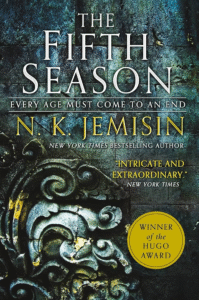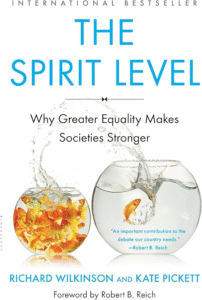A Delicate Dance of Truth and Illusion: A Review of “May December”
A Meta-Narrative of Love and Performance
Todd Haynes’ “May December” is a captivating exploration of love, performance, and the blurred lines between reality and fiction. The film delves into the complex relationship between a young man and a much older woman, a real-life scandal that continues to haunt their lives.

A Haunting Performance by Moore and Portman
At its core, “May December” is a meta-narrative, a film within a film. Natalie Portman portrays Elizabeth, an actress preparing to play Gracie, the woman at the center of the scandalous relationship. As Elizabeth immerses herself in Gracie’s life, she begins to question the nature of truth and the power of performance. Julianne Moore delivers a tour-de-force performance as Gracie, a woman who has spent years constructing a carefully curated public image. Moore’s portrayal is both mesmerizing and disturbing, as she navigates the complexities of her past and present.
A Subdued Yet Powerful Performance by Melton
Charles Melton shines as Joe, the man who was once a young boy and is now a husband and father. His performance is nuanced and understated, capturing the quiet pain and confusion of a man trapped in a life that isn’t entirely his own.
A Stylistic Masterpiece
Haynes’ direction is both bold and restrained, using a deliberate pace and long takes to create a sense of unease and tension. The film’s visual style is striking, with a muted color palette and a sense of claustrophobia that reflects the characters’ inner turmoil. The score, composed by Daniel Hart, is haunting and atmospheric, adding to the film’s unsettling tone.
A Thought-Provoking Exploration
“May December” is a thought-provoking film that challenges our perceptions of love, age, and identity. It is a film about the power of storytelling, and the ways in which we shape and reshape our own narratives. While the film may not be for everyone, it is a bold and original work that is sure to spark conversation and debate.




















